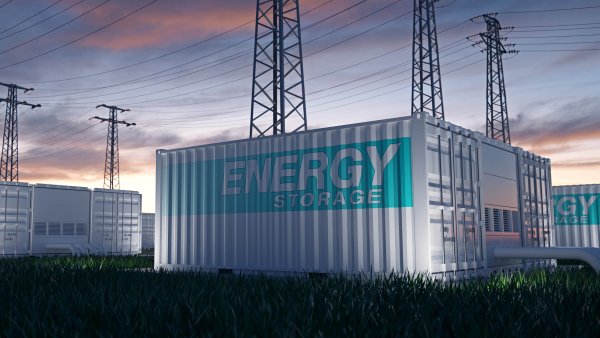The current electrical power grid cannot stabilize fluctuations, which results in inefficiencies and inabilities to integrate intermittent renewable energy supplies, such as solar and wind, into the grid. To address this problem, the Department of Energy has strongly supported the development of flow batteries, which are large (i.e., building-scale) stationary energy storage devises that buffer fluctuations. Flow batteries differ from conventional batteries in that charge is stored in redox-active compounds dissolved in an electrolyte (kept in tanks), instead of at electrodes. Presently, flow battery costs and performance metrics (i.e., charge storage densities and charging rates) are inadequate for widespread use. The objective of this proposal is to demonstrate that flow battery charge storage densities, and potentially charging rates, can be dramatically improved using hydrotropes, a class of organic chemicals that substantially increase the solubilities of redox-active organic molecules.
The long-term goal of this new interdisciplinary collaboration is to identify the mechanisms by which hydrotropes interact with organic compounds and to use this knowledge to rationally optimize flow battery performance and cost. Hydrotropes differ from surfactants and co-solvents in that they can solubilize organic compounds via specific molecular orientation interactions. We will characterize six hydrotropes and their abilities to solubilize six organic redox-active compounds previously used in flow batteries. If successful, this project will have transformative implications for flow battery development and hence the integration of renewable energy sources into the electrical power grid.
Resulting Publications
- Cheng, Y., Hall, D. M., Boualavong, J., Hickey, R. J., Lvov, S. N., & Gorski, C. A. (2021). Influence of Hydrotropes on the Solubilities and Diffusivities of Redox-Active Organic Compounds for Aqueous Flow Batteries. ACS omega, 6(45), 30800-30810.





